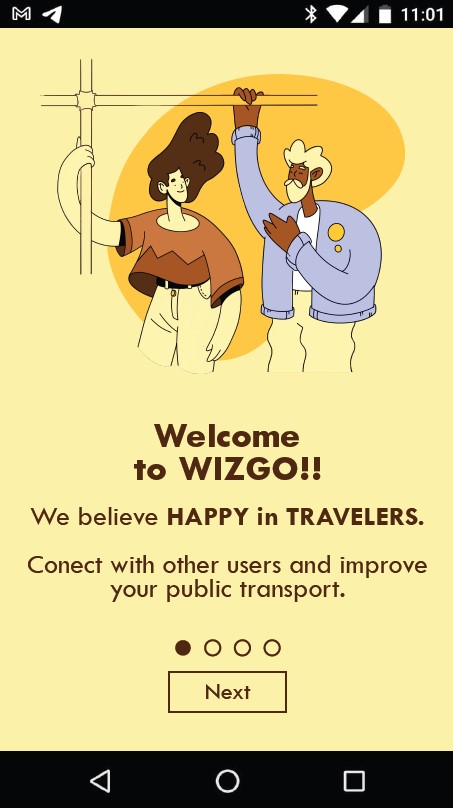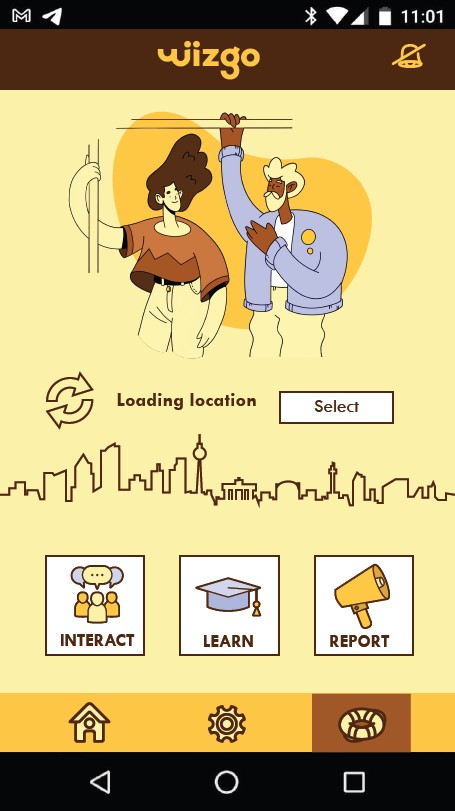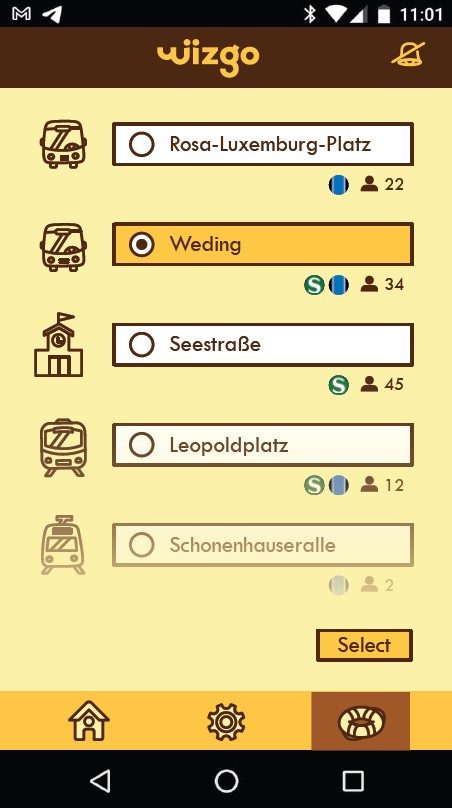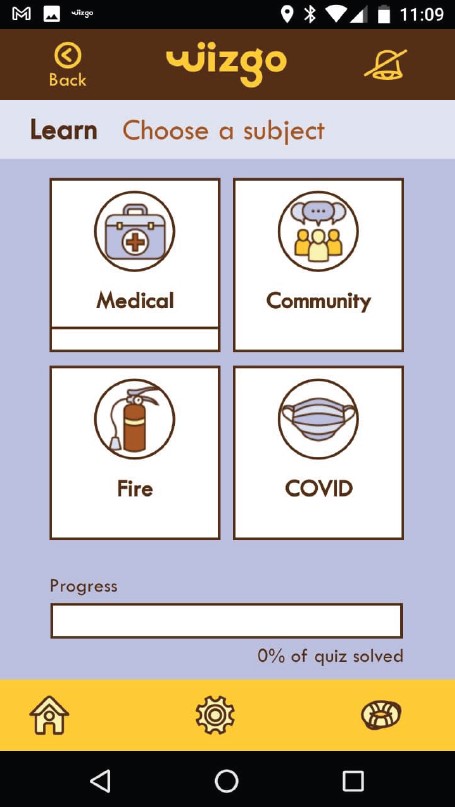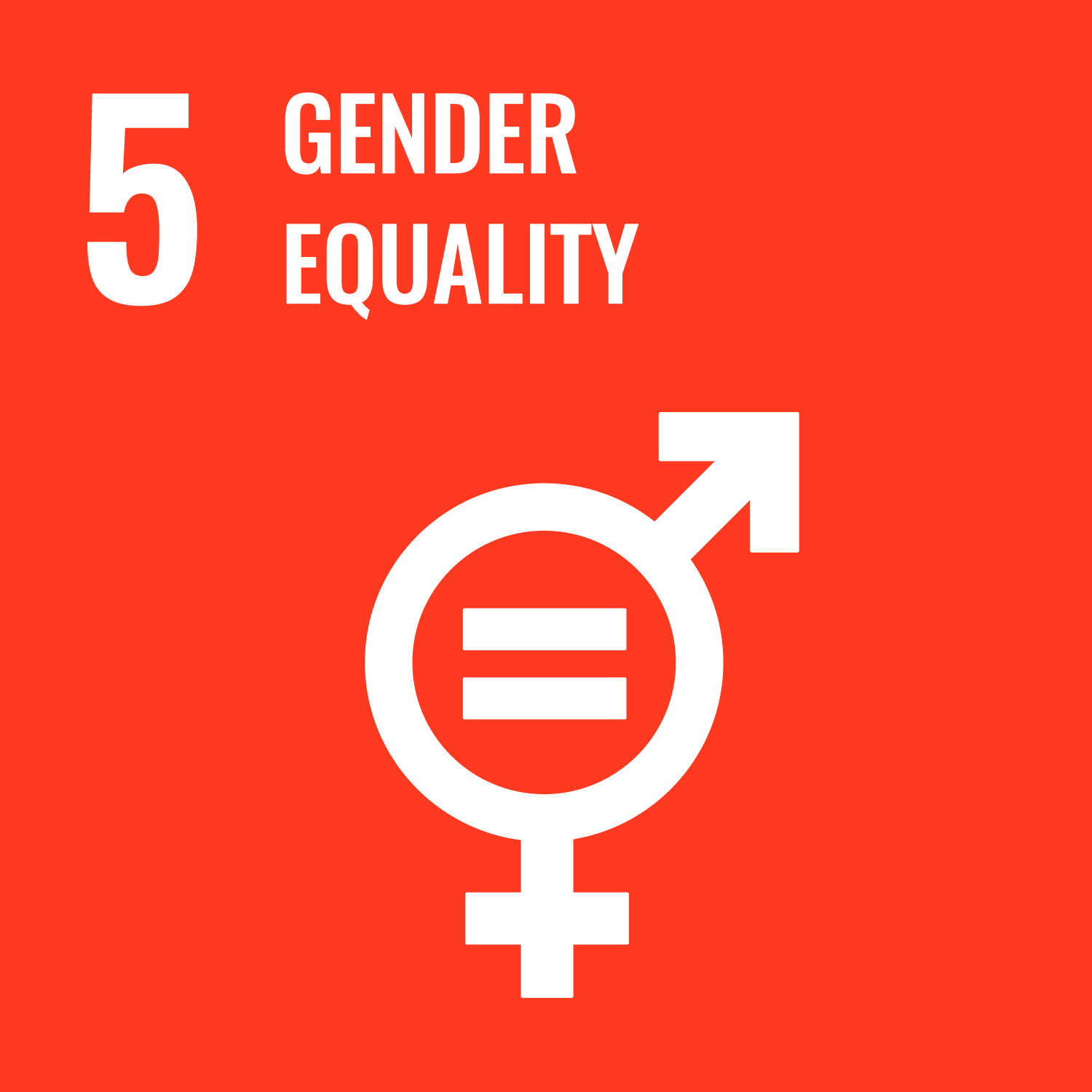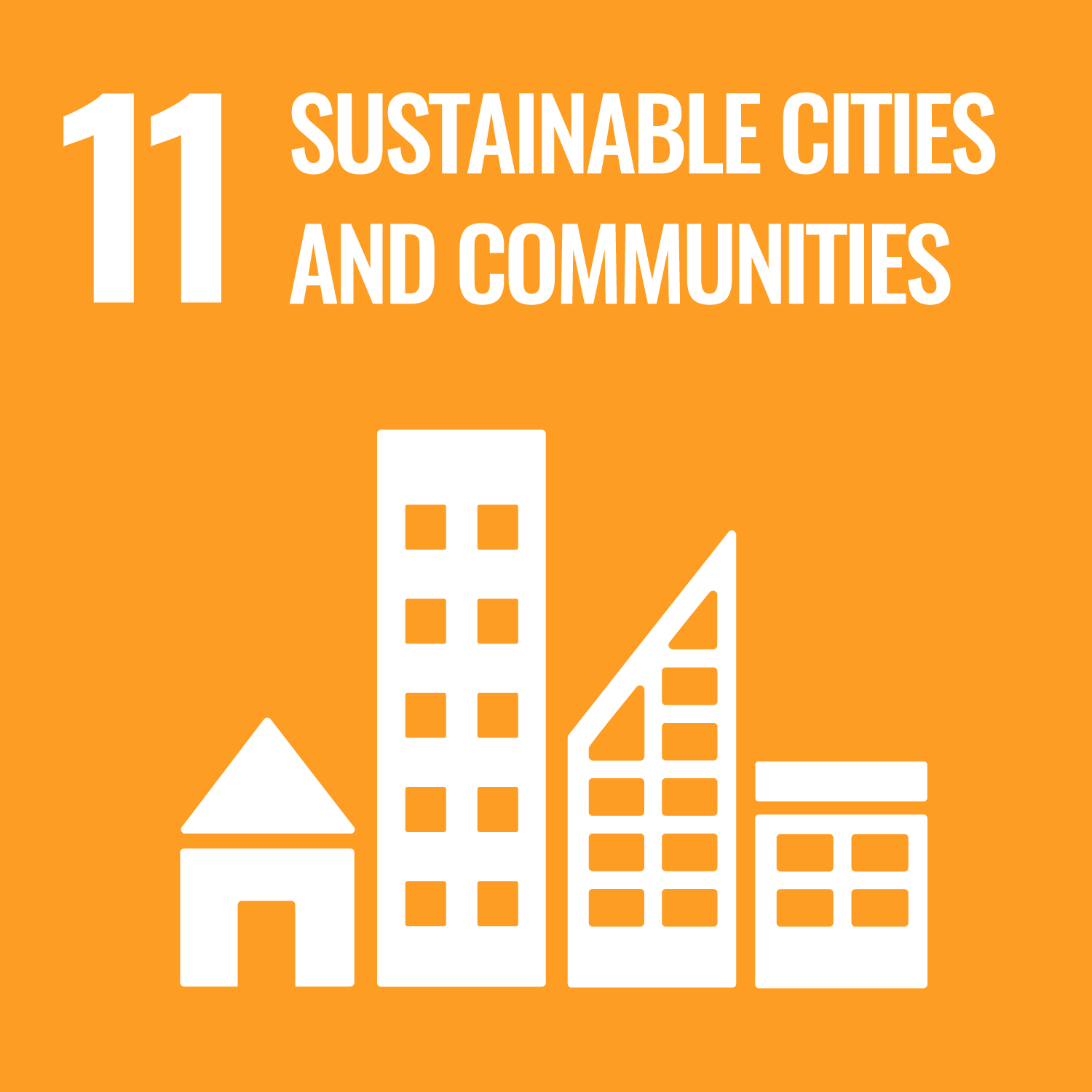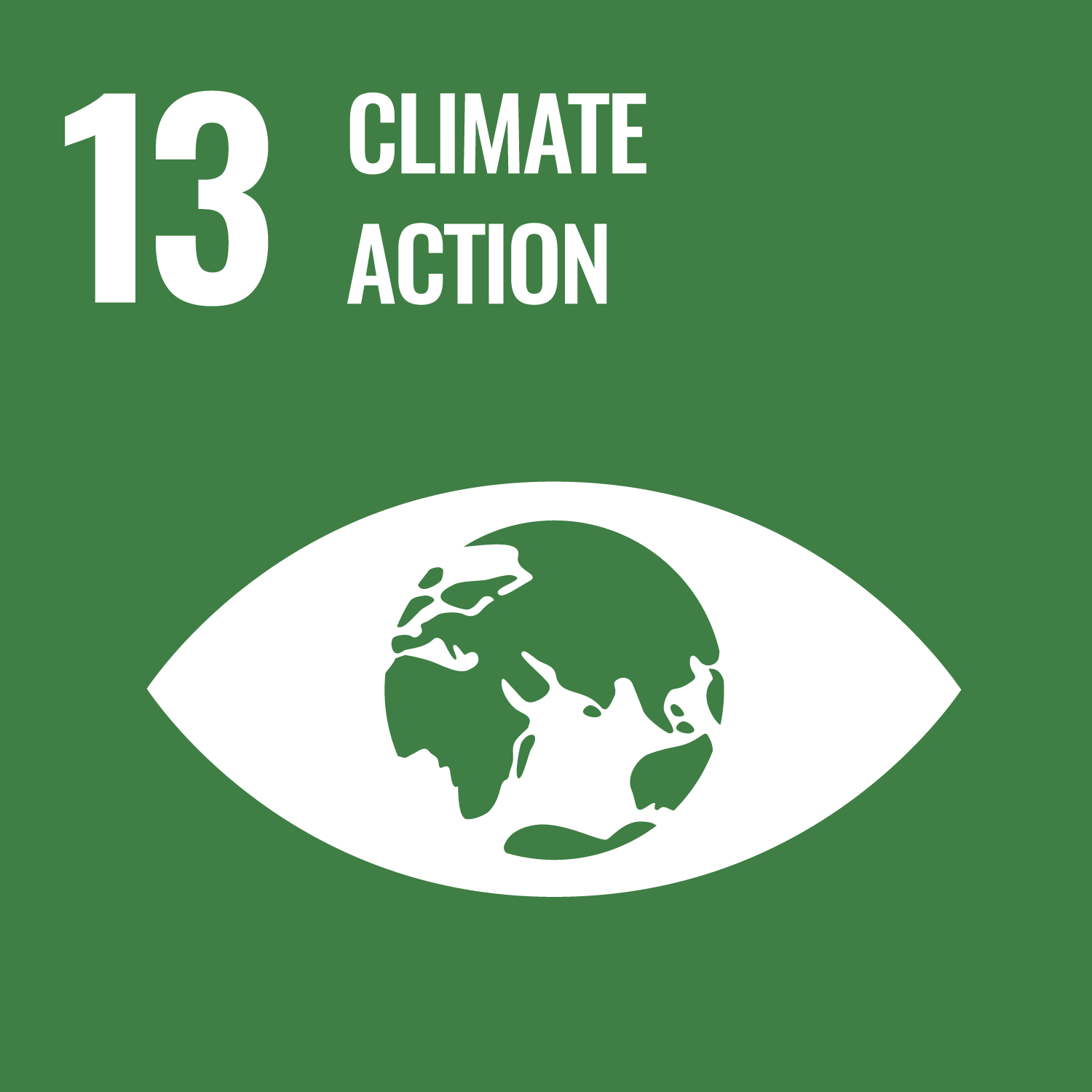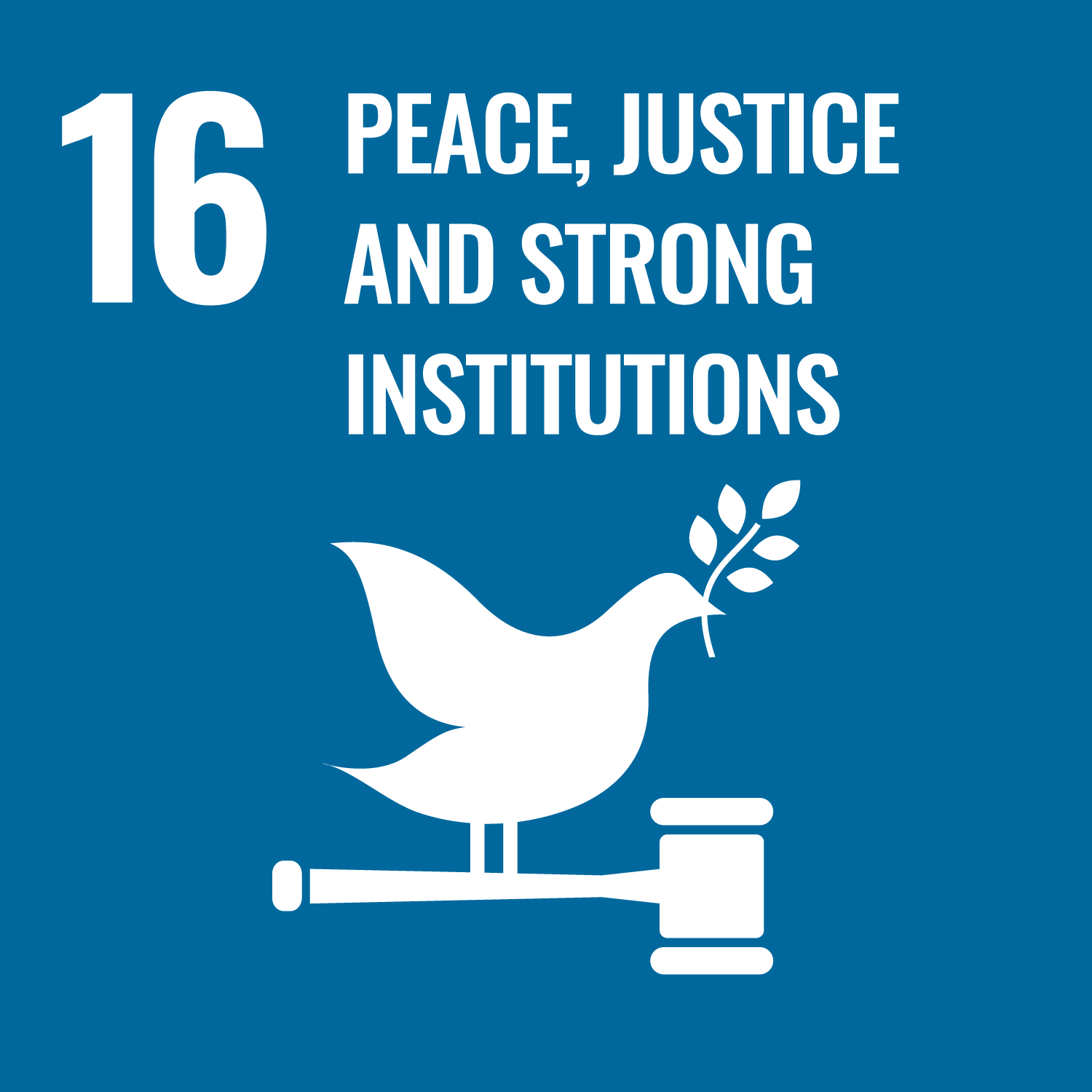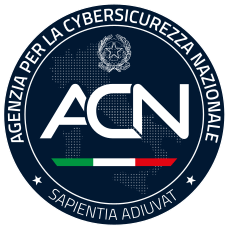reporting of emergencies
A participatory security project based on collaboration between citizens
Promoting and managing participatory security through formulas and methods of mutual attention, favouring social cohesion and solidarity is the aim of the DoNotFear Project.
The adhering citizen will pay attention to what is happening in his neighbourhood and cooperate with the Police Force by reporting unusual situations or suspicious behaviour. They will be called upon to cooperate with their neighbours by behaving in a mutually caring manner, creating a communication channel to exchange information and passing it on to the group contact person.
safety in means of transport
Although the crime rate in Europe is very low, passengers feel insecure and dangerous. Many users, mostly women and the elderly, often refrain from using buses, subways, or trams for fear of becoming victims of aggression.
The result is that this impression of insecurity limits the widespread use of public transport.
The fear of aggression stems mainly from the feeling of being isolated and at the mercy of strangers. In large cities, interactions with strangers are becoming less and less frequent, leading to a feeling of isolation and a lack of trust in others. The main recommendation of the safety authorities is to talk and interact with others in transport, so as to be able to ask for help if necessary. However, users often do not feel comfortable with direct interpersonal interaction but prefer online communication via smartphones.
efficient security management
WiseTown Situation Room is the basis of the DoNotFear app, which captures real-time passenger reports for the transport company to view and pass on to security staff inside the vehicles.
Some functionalities of the app:
- Account configuration
- SOSsection – Self help section
- PleaseJoin Me / Can I join you
Innovative character of the application
- The application stimulates social cohesion and solidarity among public transport users.
- For the transport company, it is a real-time analysis and monitoring tool to be able to intervene in case of need and to improve the service.
- It allows for solidarity and a feeling of mutual support and helps passengers without having to interact interpersonally with each other.
Project realised in cooperation with TU Berlin, Crowdee and Nexsus
TU Berlin is one of the largest universities in Germany. With around 32,000 students, a course portfolio of around 100 courses and 40 institutes, the historic Technische Universität Berlin is one of the largest and most internationally renowned technical universities. It is located in the German capital, in the centre of Europe, and consists of seven faculties whose subjects range from technical and natural sciences to planning, economics, social sciences and humanities. It offers around 40 bachelor’s degree programmes and 60 postgraduate courses and is the only one in the region that also includes engineering education.
Crowdee is a platform for scientific research, conducting periodic surveys and user tests, categorising activities and fielding knowledge calls. Developed by the Department of Quality and Usability of the Technical University of Berlin, it is the result of 6 years of studies to understand the behaviour patterns of online workers and commuters, carried out through software development and artificial intelligence experts.
The Nexsus Institute for Management Cooperation and Interdisciplinary Research was founded in 1999 by the Centre for Technology and Society at the Technical University of Berlin. For years Nexsus has been working on mobility, community spaces, demographic society and civil society, globalisation and the identity of governments, knowledge and organisational culture. The main research topics thus concern the interaction between social processes (demographic trends, migration routes), planning (urban development, climate change) and infrastructure (mobility and energy).
a sustainability project
The project aims to contribute to the achievement of the following Sustainable Development Goals of the 2030 Agenda, defined and promoted by the United Nations:

